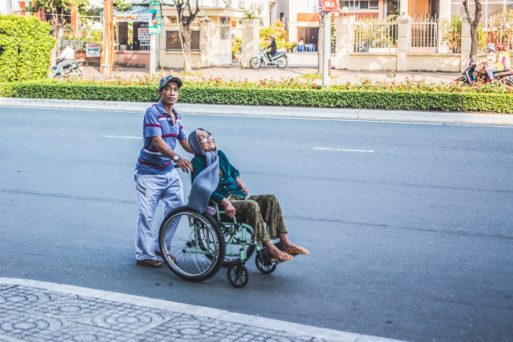
Heatwaves are becoming increasingly common around the world.
Global warming was responsible for 37% of heat-related human deaths between 1991 and 2018, according to a recent study published in the journal Nature Climate Change. Researchers analyzed data from 43 countries from 1991 to 2018, finding evidence of increased mortality on every continent. And as heatwaves blanket the Pacific Northwest, spread across Siberia and raise temperatures in the Arctic, the study’s authors warned that there’s an “urgent need for more ambitious mitigation and adaptation strategies to minimize the public health impacts.”
Kristie Ebi, a professor at the University of Washington who studies global warming’s effect on human health, told NPR that the fatal potential of heat needs to be taken seriously. “There’s very low awareness,” she said. “People are not typically aware that our bodies function within a fairly narrow range.” When sweating and other mechanisms aren’t sufficient to lower our body temperatures, cells and organs get too hot, leading to heat-related deaths, Ebi added. “If you’ve got underlying heart disease, respiratory disease, other kinds of problems, your organs come under a lot of strain and they can fail prematurely,” she said.
Older Adults at Risk for Heat-Related Deaths

The CDC recommends that the elderly be taken somewhere air-conditioned prior to heatwaves.
Heatwaves can have serious impact on the elderly, particularly those who live alone and don’t have air conditioning. Heat-related deaths are “isolated, lonely, painful deaths,” Eric Klinenberg, a New York University professor and author of “Heat Wave: A Social Autopsy of Disaster in Chicago” told Yale Climate Connections. “If you look closely at the police reports, or the medical autopsies, they’re just horrific.” The CDC has published guidelines for older adults and their caregivers to help them better handle these increasingly common events.
Many cities have developed plans to prevent heat-related deaths, including measures such as checking up on those who are most vulnerable and providing free transportation to air-conditioned cooling centers. Economically disadvantaged populations and people of color in urban areas are much more likely to suffer heat stress, studies have shown. And animals — particularly marine life — have also been strongly affected, causing many to experience “climate grief.”
“Putting these systems together requires more than a couple of days. The logistics involved are pretty significant,” Ebi told NPR of city planning. “Communities need to develop heat action plans to be prepared for a much hotter future.”

 Study Attributes More Than One-Third of Heat-Related Deaths to Climate Change
Study Attributes More Than One-Third of Heat-Related Deaths to Climate Change


 The Other Death in the Family
The Other Death in the Family

 The Healing Sound of Singing Bowls
The Healing Sound of Singing Bowls














